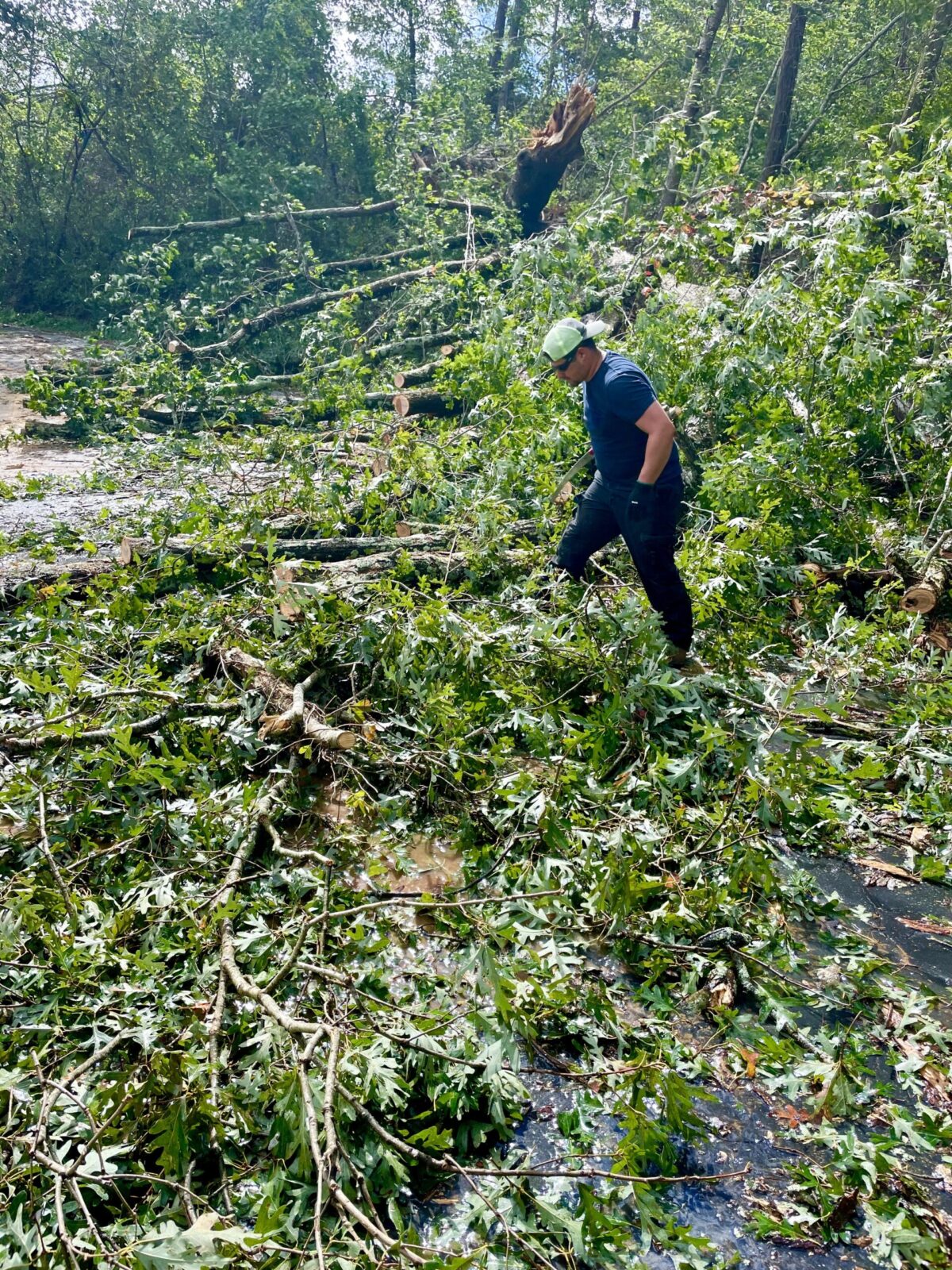In a rapidly evolving global economy, decarbonisation and sustainability have become critical priorities for the mining sector.
This is especially true in Australia, where industry leaders are feeling the pressure to modernise at a pace aligned with global peers.
In a recent webinar hosted by Austmine chief executive officer Chris Gibbs Stewart, industry experts gathered to discuss key findings from ABB’s ‘Mining’s Moment’ report and to examine how Australia compares with other mining regions globally.
“This report, titled ‘Mining’s Moment’, features insights from over 400 mining professionals across 18 countries, including Australia, where 75 executives participated,” Gibbs Stewart said, setting the stage for the conversation about where Australia stands in the global mining landscape.
ABB is pleased to release the regional factsheet ‘Mining’s Moment’ in Australia to accompany the global report that launched in October, 2024.
Australia’s commitment to sustainability
ABB Australia Process Industries Division head Stuart Cowie presented findings specific to the Australian market and compared these to global trends.
He emphasised Australia’s strong commitment to sustainability, noting that “50 per cent of Australian mining businesses anticipate either significant transformation or indeed a total transformation of their operations over the next five years.”
By comparison, globally, 53 per cent of mining companies share this forward-looking approach. While Australia is largely in sync with the rest of the world, it slightly lags in terms of transformation urgency.
Australia’s ESG (environmental, social, and governance) priorities also mirror global trends.
“57 per cent of companies in Australia say that health, safety, and well-being are top ESG priorities,” Cowie said. “In addition, 55 per cent mentioned that quality employment is critical, a priority also reflected worldwide.”
Technology’s role in decarbonisation: How does Australia stack up?
Electrification and technological integration are central to mining’s decarbonisation efforts, and Australia is making significant strides.
“73 per cent of Australian mining companies aim to electrify at least a quarter of their fleets by 2030,” Cowie said, a figure that is slightly higher compared to international efforts.
However, barriers remain. Like their global counterparts, Australian miners are grappling with investment challenges and infrastructure limitations.
“57 per cent of Australian operators cite investment requirements as a major barrier,” Cowie revealed, which is identical to the global figure of 57 per cent.
Workforce challenges: Global issue, local impact
Both in Australia and worldwide, a shortage of skilled talent is slowing down decarbonisation efforts.
“Almost half – 48 per cent – of the industry is grappling with a shortage of skilled talent,” Cowie said, with the global figure closely mirroring this.
However, Australia is seeing a positive trend, with 74 per cent of companies committed to reskilling their workforce, compared to a slightly lower global average.
Sarah Coleman, idoba chief executive officer, highlighted that technology, particularly advancements in artificial intelligence (AI) and machine learning, is key to addressing these workforce challenges.
“The technology is now actually catching up to the aspiration,” Coleman said.
This is where Australia may have an advantage, as 60 per cent of Australian companies believe that technology can help bridge talent gaps and drive better diversity outcomes.
Collaboration: An Australian strength
When it comes to collaboration, Australian mining companies are increasingly recognising its importance in achieving decarbonisation goals.
Globally, 71 per cent of mining executives say partnerships across the mining ecosystem are crucial. This figure holds true in Australia, where companies are leveraging partnerships to drive innovation.
Cowie noted the rising importance of collaboration in overcoming barriers like investment and infrastructure.
“Australian miners are reaching out and inviting us in to discuss their plans,” Cowie said. “We’re seeing an openness to partnerships that wasn’t as prevalent before.”
Coleman echoed this sentiment, noting that decarbonisation is driving a cultural shift towards more open collaboration.
“We’re seeing more humility from companies acknowledging that they don’t have all the answers,” Coleman said. “There’s a growing understanding that collaboration can accelerate progress.”
A critical role in the global green transition
Australia’s role in the global green transition is undeniably crucial. Mining provides the raw materials needed for the world’s green technologies, and Australian companies recognise this.
“82 per cent of respondents in Australia are excited about the opportunity to supply the materials needed for the green transition,” Cowie saud., a figure slightly higher than the global average of 73 per cent.
This enthusiasm reflects Australia’s position in providing the resources that the world needs to meet decarbonisation targets.
“Mining is no longer being seen just as part of the problem, but actually as a critical part of the solution,” Cowie said.
Australia is moving in tandem with the global mining sector in its decarbonisation journey, with many of its priorities and challenges reflecting those seen around the world. However, Australia also faces unique hurdles, particularly in terms of workforce shortages and infrastructure needs.
Despite these, the commitment to transformation, collaboration, and leveraging technology signals a promising future for the Australian mining industry.
As the ‘Mining’s Moment’ report highlights, significant transformation is expected by 2030, but the urgency to act is now. Australia’s mining sector has the potential to play a leading role, both nationally and globally, in shaping the green transition.
Click here to download the report.




